One of the goals of the SolACE project is to provide sustainable solutions to help farmers cope with climate change. Many areas are being studied to reduce water and nutrient stress in wheat and potato crops without having to use more water or add additional nutrients. Techniques and tools such as decision support systems, microbial inoculants, cover crops, genotype mixtures, and crop breeding, are being reviewed for this purpose.
Conservation agriculture is an agricultural system that already runs with less water and fewer external inputs than conventional farming and thus has the potential to contribute to the SolACE goals. The main idea is to develop a system where the soil is disrupted as little as possible in order to maintain maximal biological activity in the soil. Bacteria, worms and other belowground organisms can therefore store a more significant amount of organic carbon in the soil, increasing nutrient availability to plants. It also alters soil structure in a way that stores much more water for a longer period of time.
Every year, Arvalis organises a national seminar with conservation agriculture delegates in which feedback on the recent results are presented as well as new priorities to be addressed in trials over the coming year. Climate change was central to the discussion, and the roadmap was amended to gain a better understanding of the conservation agriculture system. Many studies are ongoing, including several that are running in the framework of SolACE. For example, one study assesses innovative practices that make use of plant-plant and plant-microbe interactions to access water, nitrogen and phosphorus resources. Farmers tried a decision support tool, AMG, that estimates organic carbon storage over a hundred years. It is a promising monitoring tool that reflects the soil structure and capacity to store water and mineralise nutrients. An emphasis will be made on further studies that analyse the fate of nitrogen in conservation agriculture compared to the conventional system (N2O with legumes, N2 caught with a gas trap chamber and NH4 analysed with sensors). The research being done in the SolACE project is very relevant for our farmers and studies are ongoing to innovate and find sustainable solutions.
At the event in December 2019, we interviewed some of the delegates for SolACE to get their opinions on policy barriers and enablers. Many interesting insights are coming out from these interviews. For instance, most of them are convinced that the transition to more sustainable agriculture will be accelerated through the second pillar of the European Union’s Common Agricultural Policy (CAP), with targeted funds to enable agroecology. Also, among other things, the ban of certain pesticides without any alternatives and the lack of knowledge transfer were identified as barriers that make farmers more reluctant to change their agricultural system. Their views of agricultural policies at the national and European levels will help us offer practical solutions to encourage farmers to use more sustainable agricultural practices.
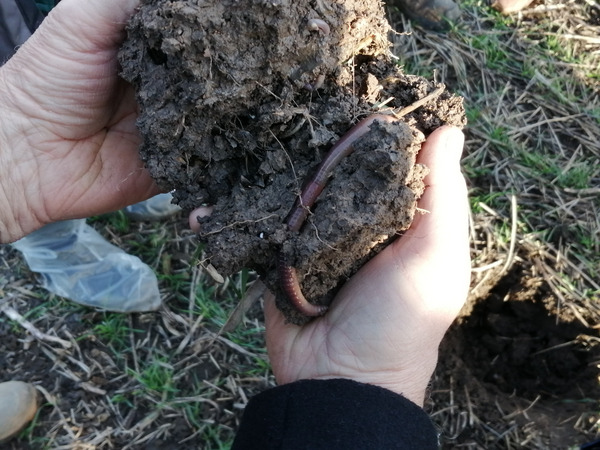
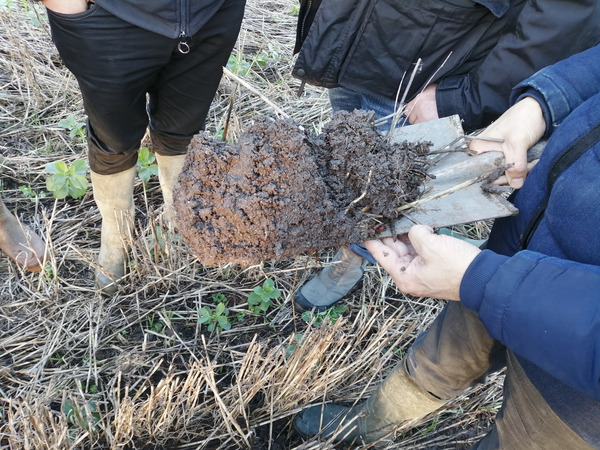
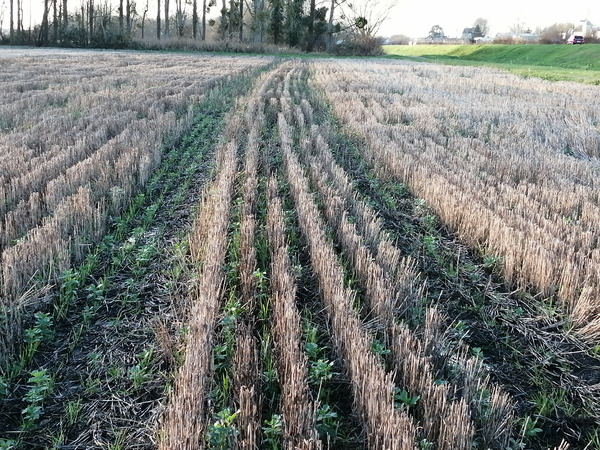
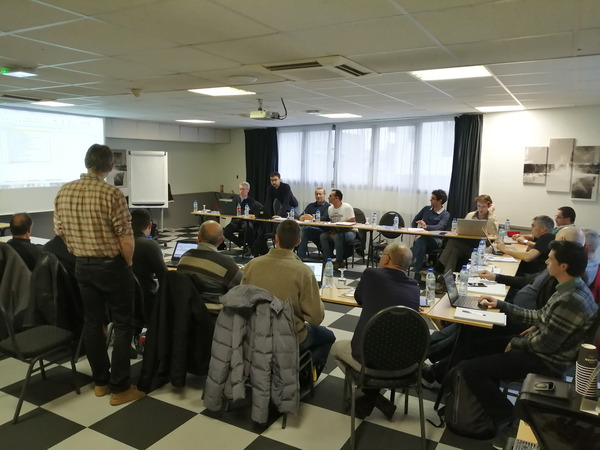
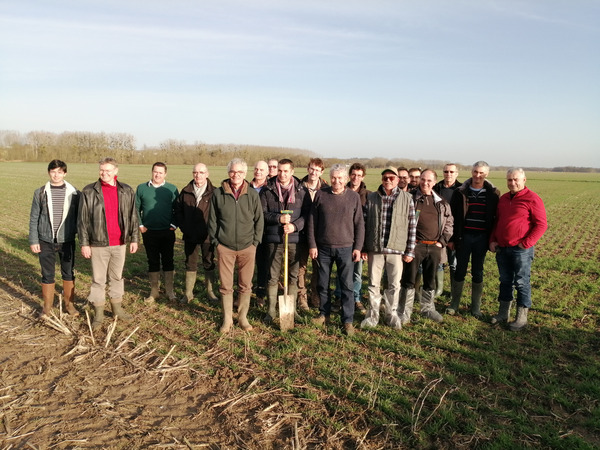
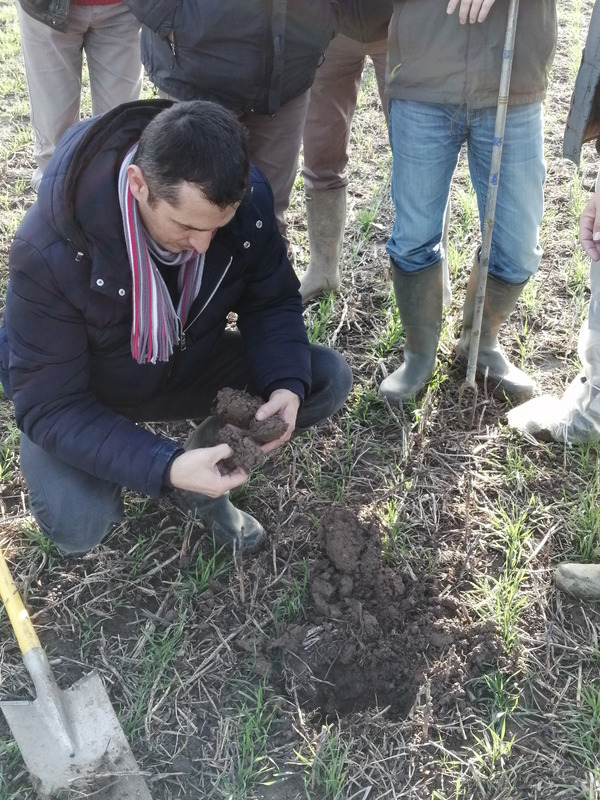





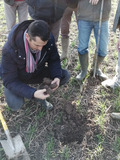
 tap and then scroll down to the Add to Home Screen command.
tap and then scroll down to the Add to Home Screen command.